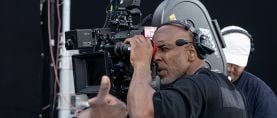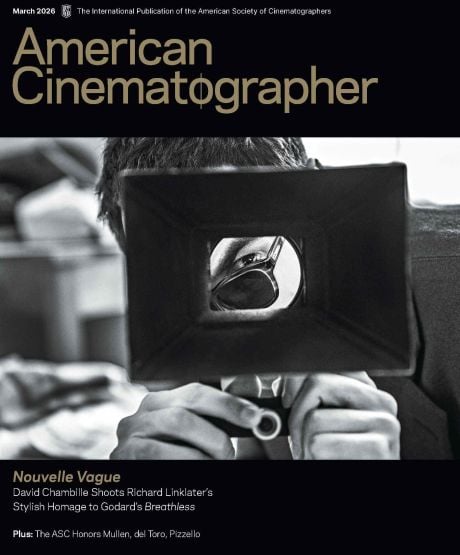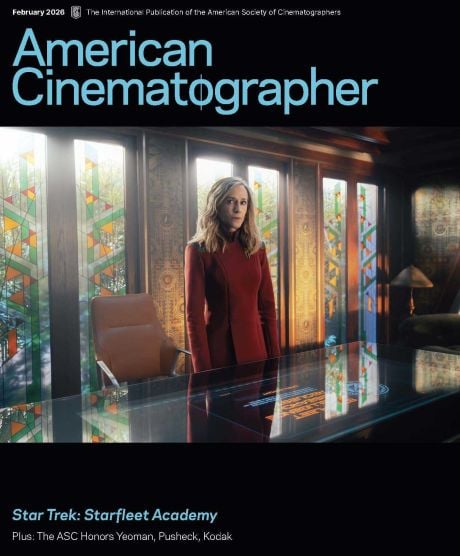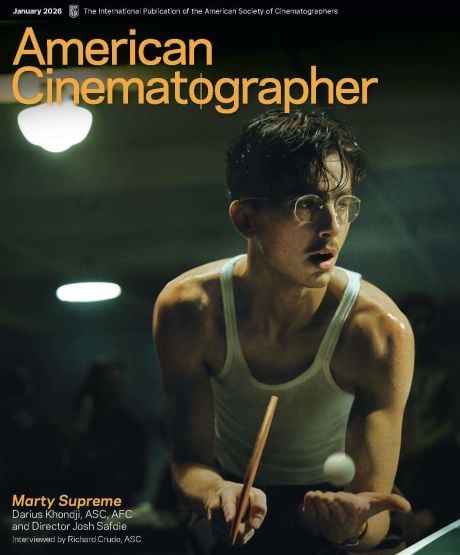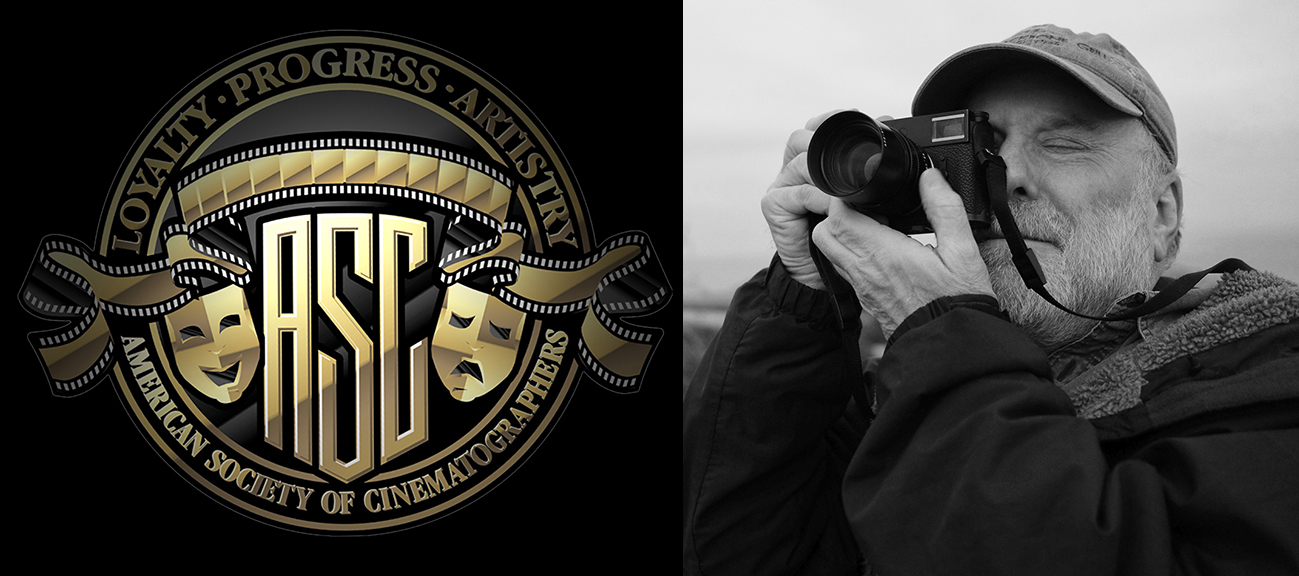
ASC Close-Up: Charlie Lieberman
“My favorite thing about being in the ASC has been the opportunities I’ve had to give back to young people just starting their careers.”
When you were a child, what film made the strongest impression on you?
King Kong [1933]. I couldn’t have been older than 6. I believed every minute of it, except that I thought Kong moved a little funny.
Which cinematographers, past or present, do you most admire?
The ones who affected me the most when I was starting out were [ASC members] Owen Roizman, Conrad Hall and Gordon Willis; I began to search for their names in the ads for movies so I could see more of their work. Later, I started looking back and discovered [ASC members] Stanley Cortez, Russell Metty, Phil Lathrop, Gregg Toland and so many others.
What sparked your interest in photography?
When I was in my 20s, I got the idea that I wanted to learn how to take a good photograph. I dedicated all my spare time to shooting what I later learned was ‘street photography,’ and I gave myself a year to take one good picture. I finally got what I thought was a good one, but now I think it’s pretty lame!
Where did you train and/or study?
I learned on the job. I started in still photography and was fortunate to work for companies that started to branch out and shoot films. My goals were to pay attention, do what I did well, and teach myself anything I could to advance — and keep food on the table.
Who were your early teachers or mentors?
Starting out, I didn’t know other cinematographers. My sister was a major supporter; she was an artist, and when I took up photography, she encouraged me. Many years later, I met Owen Roizman, who was instrumental in supporting my ASC nomination. To have one of my idols offer that was hugely gratifying.
What are some of your key artistic influences?
All the great novels I’ve read, all the great art I’ve seen, all the great stills I’ve studied, and all the great cinematography I’ve watched.
How did you get your first break in the business?
A documentary filmmaker saw some stills of mine hanging in a bar in Chicago, and then hired me to shoot production stills on an anti-drug documentary starring Olympic athletes. He ended up incorporating them into the film.
What has been your most satisfying moment on a project?
Seeing it all come together at the end — with the performances, editing, sound and music — and seeing how my contribution works with all of those storytelling [elements]. Also, getting hired to shoot Heroes was the apex of my career.
Have you made any memorable blunders?
I once complimented Malcolm McDowell for his performance in a picture that he actually wasn’t in. He pointed out that it was another British actor, and then he smiled and said, ‘But I’ll take it.’
What is the best professional advice you’ve ever received?
Very early on, shooting a documentary, I was nervous about everything, and I kept checking my light meter over and over again. The director noticed and quietly said to me, ‘That’s not a good look. You can be nervous, but you can’t act nervous.’
What recent books, films or artworks have inspired you?
I’m currently reading Moby Dick for the fifth time. Also, Edward Abbey’s Desert Solitaire [1968] — I was in Utah this past fall, shooting stills, and I really saw the desert differently after studying his work.
Do you have any favorite genres, or genres you would like to try?
I would love to shoot a film noir or a Western.
If you weren’t a cinematographer, what might you be doing instead?
I would have stayed in still photography. But if I couldn’t make images, I’d be a forest ranger.
Which ASC cinematographers recommended you for membership?
Adam Kane, Dennis L. Smith and Steven B. Poster.
How has ASC membership impacted your life and career?
My favorite thing about being in the ASC has been the opportunities I’ve had to give back to young people just starting their careers. They crave guidance and inspiration, and they look to the ASC for that. I love participating in the ASC Master Class; I conduct a discussion group where members explain exactly what this career entails. Also, overseeing the Photo Gallery Committee has been gratifying, because I’ve worked closely with other ASC members to present their still photography. That led to the publication of Our First 100 Years, the tribute book we created for the ASC centennial.
Lieberman's credits include the TV series Heroes, Standoff, Joan of Arcadia, Once and Again and Party of Five, as well as the groundbreaking horror feature Henry: Portrait of a Serial Killer (1986).
You'll find his personal site here.
Portrait by Jay Yowler

